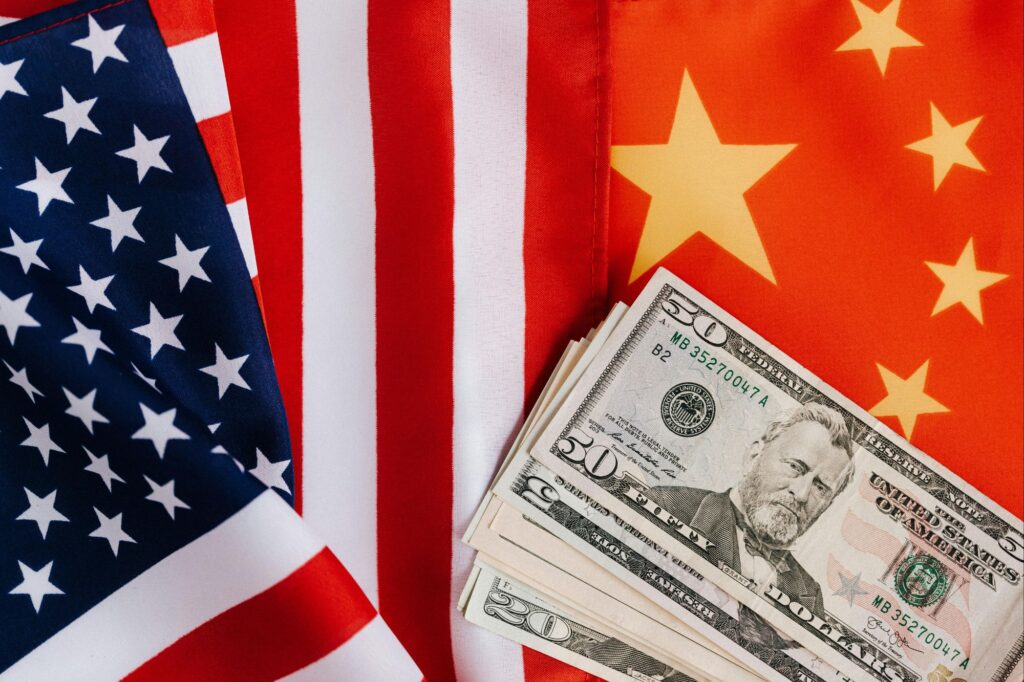
The United States is increasing tariffs on imports from China worth $18 billion, focusing on key sectors like electric vehicles (EVs), batteries, steel, and critical minerals, as announced by the White House.
President Joe Biden’s administration is preparing for the upcoming election, aiming to address concerns over trade practices, particularly criticizing former President Trump’s approach.
Tariffs on EVs will rise significantly, quadrupling to 100 percent this year, and semiconductors will also see an increase from 25 percent to 50 percent by next year.
The objective is to pressure China into ending what the White House describes as unfair trade practices related to technology transfer, intellectual property, and innovation.
This action follows a review of tariffs implemented during the previous trade war, utilizing Section 301 of the Trade Act.
Beyond EVs and semiconductors, tariffs on steel, aluminum, lithium-ion EV batteries, battery parts, natural graphite, and other critical minerals are also set to increase.
Some tariff hikes will be delayed, like those on non-EV lithium-ion batteries, allowing for a transitional period as the U.S. boosts domestic battery production.
China has voiced opposition to unilateral tariff increases, vowing to protect its interests and retaliate as necessary, in line with WTO rules.
The Biden administration aims to safeguard domestic investments and job creation from being undercut by what it sees as unfairly priced Chinese exports.
Despite significant investments in sectors like semiconductor manufacturing and green technologies, the administration accuses China of achieving growth at the expense of others.
Criticism is also directed at the previous administration for not fulfilling promises made in the Phase One agreement and failing to address China’s alleged unfair practices.
Tariffs on Chinese EVs are seen as largely symbolic, while those on EV batteries and supply chains could have more significant repercussions due to Chinese dominance in these areas.
Expectations are that Beijing will retaliate with its own tariff increases, but these alone are not anticipated to disrupt current U.S.-China relations significantly.
Stronger retaliation from Beijing could occur if the U.S. takes measures perceived as targeting Chinese companies, such as imposing additional trade restrictions on semiconductor firms.
Treasury Secretary Janet Yellen emphasizes that the U.S. actions are targeted and hopes for constructive engagement with Chinese counterparts to address long-standing issues.
Update:
China warns that the implementation of new US tariffs will have a severe impact on relations between the two countries.
Bringing you the latest updates on finance, economies, stocks, bonds, and more. Stay informed with timely insights.
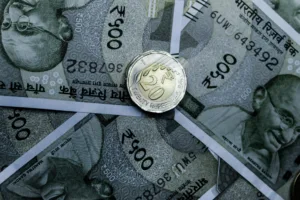


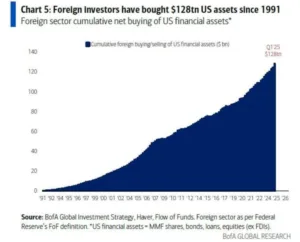


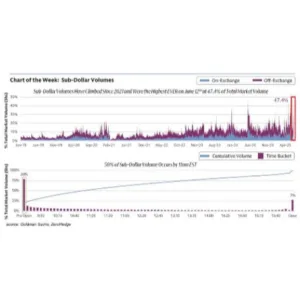
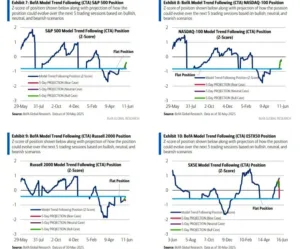

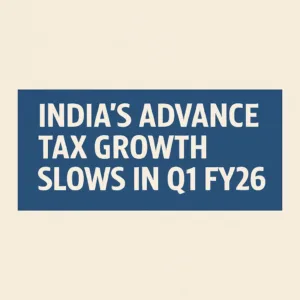


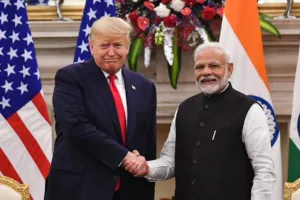






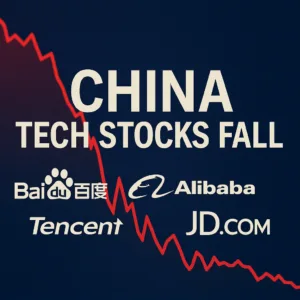



Be First to Comment